They were only six words on a website, but they helped maintain Beijing’s fiction that Taiwan is part of its territory. Their disappearance has infuriated China’s communist leaders. “It gravely contravenes international law and the basic norms of international relations,” raged Guo Jiakun, a spokesman for China’s ministry of foreign affairs, on Monday.
The website in question was that of the US State Department. The words — “we do not support Taiwan independence” — have been removed from its “fact sheet” along with a tweak to another section that implies stronger support for Taiwan’s right to join international organizations, which Beijing has consistently blocked. The changes were welcomed by the government in Taipei, which described the changes as “positive and friendly.”
The US is committed by law to providing Taiwan with the weapons to defend itself
The State Department denied the change in wording represented a change in policy. “As is routine, the fact sheet was updated to inform the general public about our unofficial relationship with Taiwan,” a statement said. “The United States remains committed to its one-China policy.” The long standing “one-China policy” is essentially an agreement to disagree and is a legacy of the days when Taiwan was ruled by nationalists who lost the Chinese Civil War in 1949 and fled to the island, still dreaming of taking back control of the mainland.
The policy is now obsolete, since most Taiwanese want nothing to do with China — at least as long as it is ruled by the Chinese Communist Party. They have built a rich and vibrant democracy, with all the trappings of an independent state. The fact that it is not recognized as such is the result of Beijing’s bullying — of Taiwan, but also globally. Recently the CCP has stepped up efforts to have countries recognize its right to pursue “all” efforts to gain control of the island, implying support for military action. Some seventy have done so, mostly those who are more dependent on Beijing economically.
China has threatened to use force if Taiwan formally declares independence or if all other efforts at “unification” fail. It has ratcheted up pressure on the island in multiple ways short of an invasion, with cyber-attacks, disinformation campaigns, the alleged sabotage of underwater communications cables, and military exercises, which include practicing for a blockade of the island.
The US is committed by law to providing Taiwan with the weapons to defend itself and has followed a policy of “strategic ambiguity” over what it would do in the event of an invasion. This appeared to become less ambiguous under President Biden, who on several occasions said American troops would defend Taiwan, only to have his officials backtrack. But he never changed the words on the website.
Trying to make sense of President Trump’s position on Taiwan is much tougher. After meeting Japan’s prime minister earlier this month, the two leaders said that they “opposed any attempts to unilaterally change the status quo by force or coercion.”
When asked about the island during the election campaign, Trump told the Wall Street Journal that he would not have to use force to prevent a blockade because Xi “respects me and knows I’m fucking crazy.” “I had a very strong relationship with him,” he said. “I would say: if you go into Taiwan, I’m sorry to do this, I’m going to tax you at 150 percent to 200 percent.” Yet at other times he has appeared indifferent to the defense of Taiwan, which he has accused of stealing the US chip industry. There have also been suggestions it could become a pawn in some grand bargain with Beijing over trade and global spheres of influence.
Shortly after he was elected for his first presidency, Trump took a call from then Taiwanese president Tsai Ing-wen, who congratulated him on his election win. Trump’s conversation with Tsai was the first such contact with Taiwan by a president-elect or president since President Jimmy Carter adopted a one-China policy in 1979. It infuriated Beijing, which was probably what it was designed to do. The six deleted words on the state department website may have a similar intent.
Or they may not. It should be remembered that secretary of state Marco Rubio has long been a staunch supporter of Taiwan. During his confirmation hearings, he expressed “serious concern over China’s coercive actions against Taiwan and in the South China Sea.” He vowed to strengthen Taiwan’s defenses to prevent a “cataclysmic military intervention.” On the other hand, Elon Musk, who also has the ear of the president, has consistently echoed China’s line on Taiwan, asserting that the island is an “integral part” of China. The Tesla boss, who has significant business interests in China, suggested the island should become a special administrative region of the People’s Republic, a view that has been criticized as dangerous and naive.
This week, Taiwan has been hosting former US deputy national security advisor Matt Pottinger and retired US rear admiral Mark Montgomery. They discussed bolstering defense spending and building “safe” supply chains — the sort of issues they hope will resonate with the White House. Beijing hates these unofficial visits, though not as much as it hates the removal of those six words from the State Department website. Taiwan is a de facto independent state, and a very successful one at that, and China’s claim to the island is highly dubious at best. Yet its status has been hidden by smoke and mirrors and a general obfuscation designed to appease Beijing, which tightens its grip regardless. That’s why Beijing so loathes any sort of clarity.



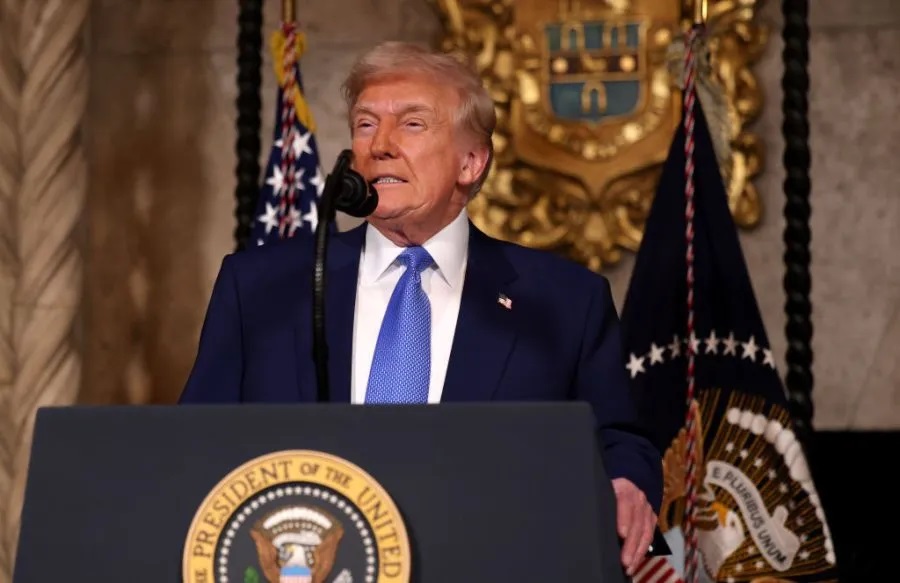






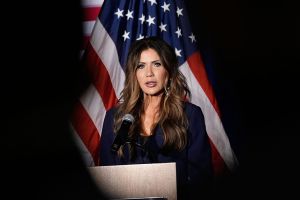
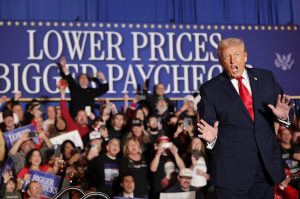
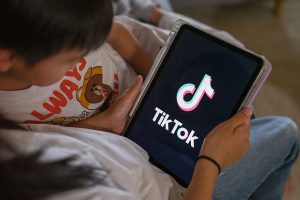
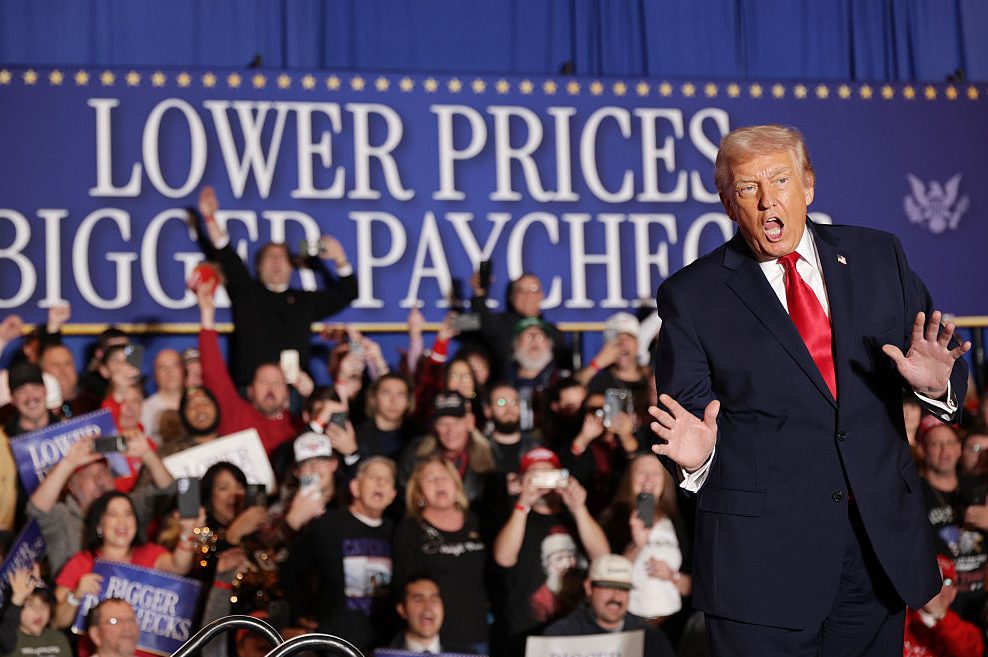

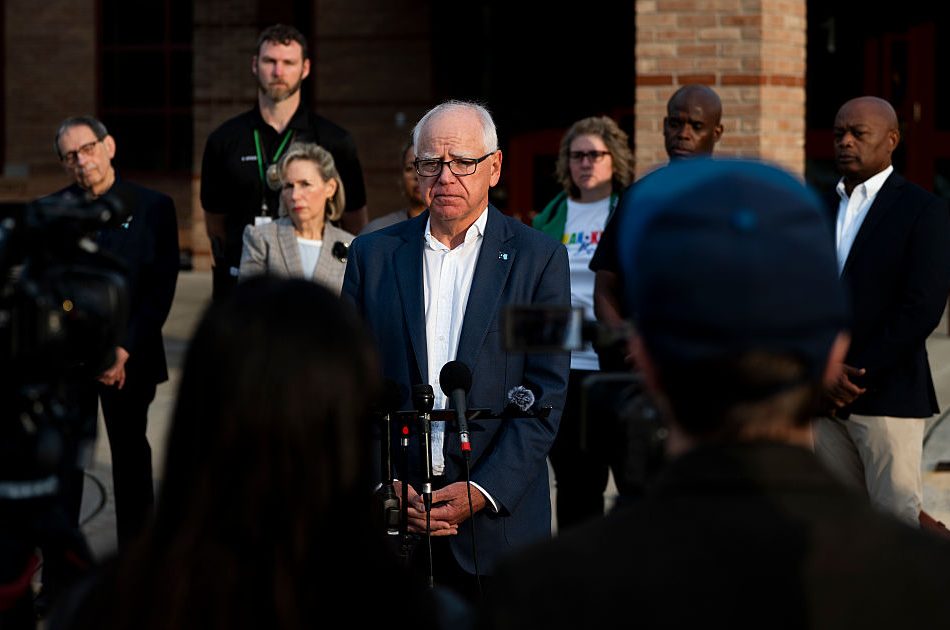

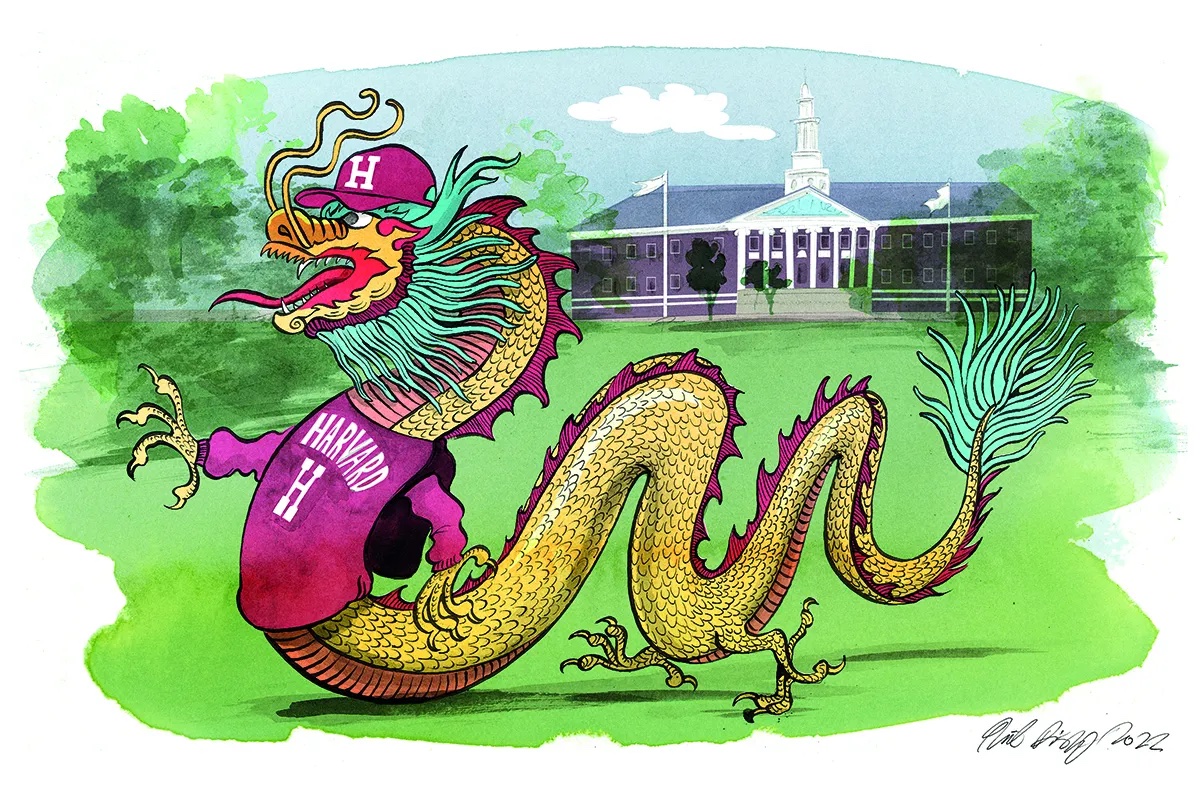








Leave a Reply